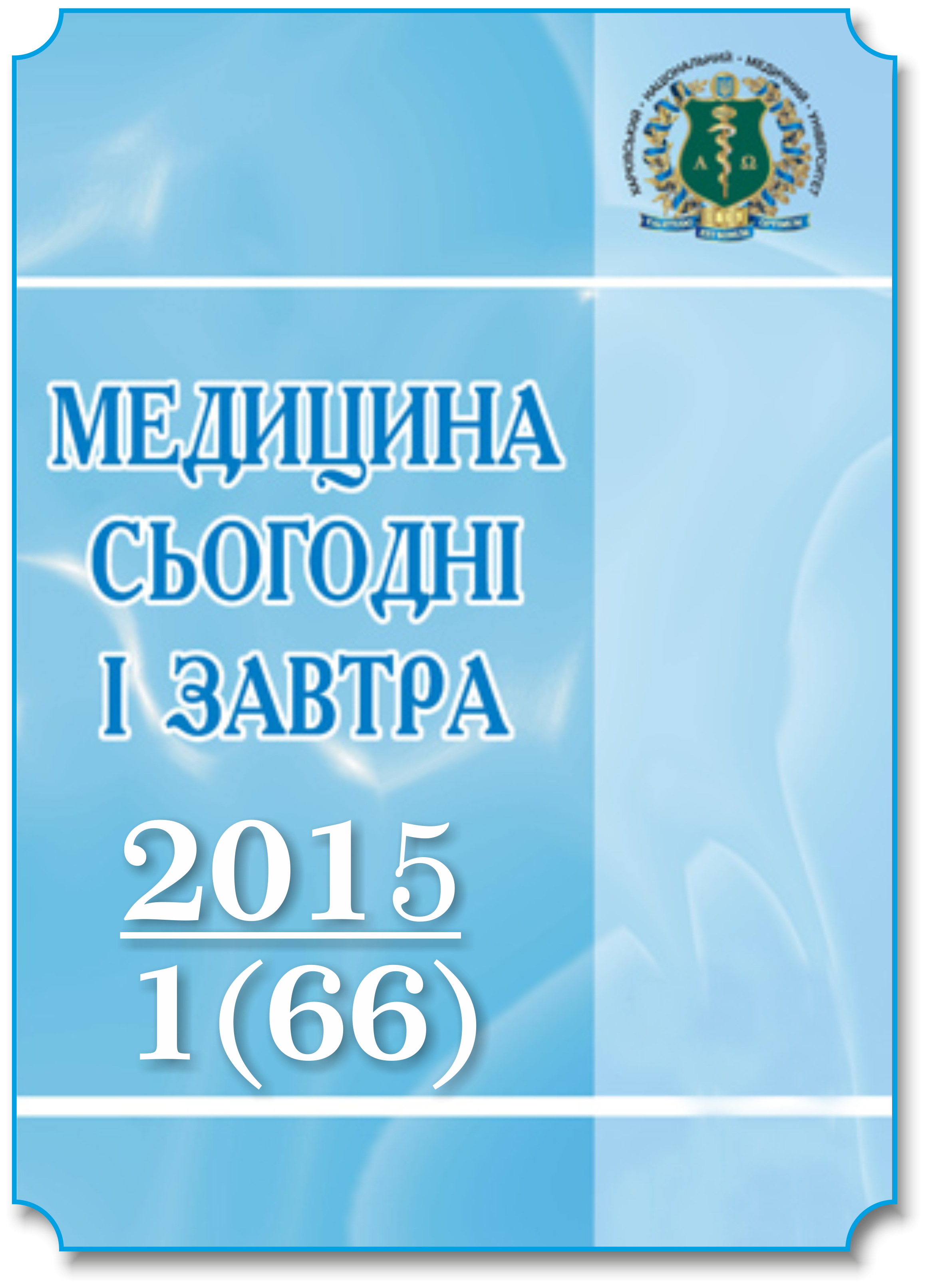Abstract
The cognitive index (CI) – an integral indicator of cognitive function has been developed, which is based on the results of applying several neuropsychological tests and is equal according to standard to -1 – 0. Using CI there have been examined 34 patients in the age of (29,1±5,9) years and 26 patients in the age of (74,4±8,1) years, who underwent planned operations on the abdominal cavity under general intravenous anesthesia with mechanical ventilation on the basis of sodium thiopental. It has been established, that CI of young patients significantly exceeds CI of older ones before surgery and within 10 days after it. During postoperative period young patients show more significant CI decrease according to the baseline. By the 10th day neither young nor elderly patients have revealed a full CI level recovery. The worsening of cognitive function in young patients within 5 days is determined by the duration of the operation and the intensity of stress reactions, while the changes in the cognitive function state of elderly patients according to the baseline within 10 days depend in a greater degree on the age and the duration of the operation, and in a less degree – on the intensity of stress reactions.
References
Воробьев А. А. Медикаментозная профилактика нарушений функционального состояния центральной нервной системы после кетаминовой анестезии : автореф. дис. на соискание уч. степени канд. мед. наук : спец. 14.00.37 «Анестезиология и реаниматология» / А. А. Воробьев. – Л., 1986. – 24 с.
Егоров В. М. Сравнительная характеристика психоповреждающего действия общей анестезии на основе фторотана и кетамина после операций на лице у детей с врожденными расщелинами лица и неба / В. М. Егоров, А. М. Вербук, В. М. Вербук // Анестезиология и реаниматология. – 1996. – № 6. – С. 31–33.
Cognitive dysfunction 1–2 years after non-cardiac surgery in the elderly. ISPOCD group. International Study of Post-Operative Cognitive Dysfunction / H. Abildstrom, L. S. Rasmussen, P. Rentowl [et al.] // Acta Anaesthesiol. Scand. – 2000. – V. 44. – P. 1246–1251.
Неймарк М. И. Состояние высших психических функций у боль-ных, перенесших анестезию с применением дипривана и кетамина / М. И. Неймарк, В. В. Давыдов // Общая реаниматология. – 2005. – № 2. – С. 48–52.
Профилактика и коррекция послеоперационных когнитивных дисфункций у больных пожилого возраста : методические рекомендации / [Л. В. Усенко, Ризк Шади Ейд, А. А. Криштафор и др.]. – Днепропет-ровск : ДГМА, 2008. – 60 с.
Adverse effects and drug interactions associated with local and regional anaesthesia / M. Naguib, M. M. Magboul, A. H. Samarkandi, M. Attia // Drug Saf. – 1998. – V. 18, № 4. – P. 221–250.
Moller J. T. Cerebral dysfunction after anaesthesia / Moller J. T. // Acta Anaesthesiol. Scand. – 1997. – V. 110, № 1. – P. 13–16.
Urban B. W. Current assessment of targets and theories of anaesthesia / B. W. Urban // Br. J. Anaesth. – 2002. – V. 89, № 1. – P. 167–183.
